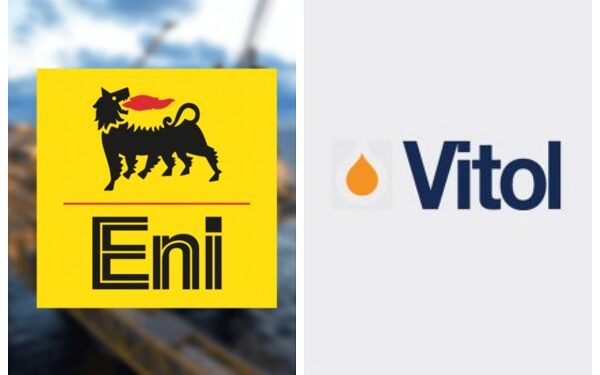Ghana to pay 50% of arbitration costs incurred by Eni/Vitol in unitisation dispute
Ghana is expected to pay some 189,900 euros (GHS 3.1 million) to cover arbitration costs incurred by Eni and Vitol in their oil field unitisation dispute with the State and the Ghana National Petroleum Corporation (GNPC).
The 189,900 euros amount to be paid represents 50% of the arbitration costs incurred by the two oil exploration and production firms.
“Based on an overall assessment of all the relevant elements, the Tribunal considers it fair and appropriate that each Party bears its own costs. As for the Tribunal and SCC costs, the Respondents shall bear their portion of the costs, and the First Respondent shall pay 50% of the costs incurred by the Claimants. Accordingly, the First Respondent shall pay EUR 189,900 to the Claimants, which corresponds to 50% of the amounts advanced by the Claimants for the costs of arbitration,” read the Tribunal’s ruling document made available to norvanreports.
The International Arbitration Tribunal in its conclusion of the dispute and final award, denied Eni and Vitol monetary damages against Ghana which initially stood at $7 billion but were later reduced to $915 million plus interest by the end of the proceedings.
In the arbitration between the State, the Ghana National Petroleum Corporation (GNPC) and Eni/Vitol, the Tribunal dismissed entirely all claims against the GNPC.
Additionally, the Tribunal rejected the Claimants’ request to declare that Ghana breached the Petroleum Agreement by “refusing to withdraw or prevent reliance by third parties on the Unitisation Directives.”
The Tribunal also dismissed the Claimants’ request for Ghana to notify the High Court, Court of Appeal, and Supreme Court of Ghana that the Unitisation Directives were issued in breach of the Petroleum Agreement.
However, the Tribunal did find that “in the circumstances in which they were issued,” the Unitisation Directives breached the Petroleum Agreement.
Specifically, the unitisation was contrary to the applicable regulations, thereby breaching Article 26(2) of the Petroleum Agreement.
Despite this, the Tribunal affirmed Ghana’s sovereign right to unitise oil fields to achieve efficient exploitation of the deposits.
Regarding the allocation of fees and costs, the Tribunal determined that since both Parties had prevailed in some respects, each would be required to pay their own legal fees and costs.
Reacting to the Tribunal’s award to Eni and Vitol, the Attorney-General and Minister of Justice, Godfred Yeboah Dame, indicated that while he would have wished the Tribunal to dismiss the claimants’ claims against the Republic in its entirety, he is pleased to note that the Tribunal rejected partly the claims against Ghana, and entirely the claims against GNPC.
He is also delighted by the complete dismissal of all claims for monetary compensation made by ENI/Vitol against Ghana, thus saving Ghana significant financial obligation. He is also pleased with the Tribunal’s affirmation of Ghana’s sovereign right to unitise its oil fields.
The Attorney-General added that in the circumstances, the Parties must determine the best way to proceed going forward. Unitisation, in principle, is not unlawful per the Tribunal’s decision.
It is the manner and the circumstances in which the same ought to be carried out that the Tribunal found wanting in the dispute.









